.jpg)
Star Singer Villazon Conks Out, Revives as Wild Poet Werther
Is Rolando Villazon our new Maria Callas, a remarkable voice used with supreme artistry yet prematurely beset by troubles that have the tenor’s fans tremble with apprehension whenever the going gets rough?
Villazon dropped out of the opening night of Massenet’s “Werther” at the Opera Bastille in Paris “on his doctor’s advice,” as the management said. On March 12, when I heard the Mexico-born singer in the role of the suicidal poet, he was in decent shape, passionate, vibrant and valiantly rising to the challenges of the lead character’s desperate outbursts.
Still, I feel that his voice has lost some of its sheen and that his top notes are less free. Although he lives in Paris and has become a French citizen, his French pronunciation continues to be picturesque, to put it mildly.
The singer who stepped in for Villazon at the premiere and who is alternating with him is Ludovic Tezier, a baritone. Jules Massenet rewrote the title role for the “King of Baritones,” Mattia Battistini (1856-1928), who often sang it -- in Italian -- on his European tours.
Tezier has a warm, vigorous voice and looks convincing enough as the glum, increasingly hysterical hero. Still, we expect baritones to play loyal friends, stern fathers or evil schemers, not lovers.
The climax of the score is the A sharp in Werther’s aria “Pourquoi me reveiller.” It’s well beyond Tezier’s reach. No wonder the baritone version of the opera is rarely revived.
Sweet Sophie
Susan Graham is a sensitive, idiomatic Charlotte, Werther’s love interest, who is torn between faithfulness to her dull husband and suppressed feelings for her admirer. Adriana Kucerova is a sweet Sophie, Charlotte’s younger sister.
Franck Ferrari is a sturdy Albert. When Villazon sings the title role, it’s Tezier who plays his successful rival.
The hideous set (Jurgen Rose) is an import from Munich. It’s a hangar with graffiti on white walls and a rock in the center on which Werther is brooding at his desk. The story has been updated to what looks like the late 19th century, when the bicycle had been invented and gentlemen wore straw hats.
Why Paris was unable to mount a production of its own is a mystery, yet somehow fits into the checkered history the opera has had in France.
Goethe’s 1774 novel “The Sorrows of Young Werther,” on which it’s based, was translated into several languages and became a European bestseller. When Napoleon met its author, he confessed that he had read it seven times.
Yet when Massenet presented his work to the Opera-Comique, the director refused it. He found the story too depressing. Only after the success of the 1892 world premiere in Vienna did he deign to accept it.
“Werther” became a staple of the Opera-Comique’s repertory. The demise of the house in 1972 and of the French school of singing in general ended that tradition. Today’s revival is only the second at Paris’s main opera house.
Kent Nagano’s conducting might not be the last word in romanticism, yet he has a fine ear for balance and takes care not to drown out the singers.
Rating: ***.



.jpg)

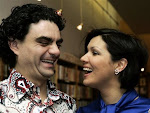

.jpg)

.jpg)


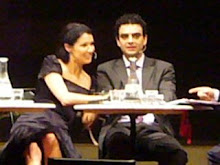.jpg)


.png)
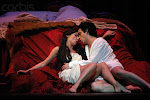


.jpg)
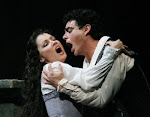.jpg)
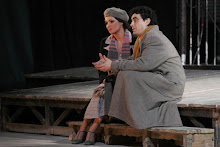.jpg)
.jpg)
.jpg)
.jpg)
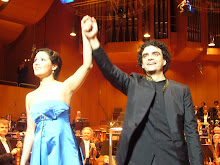.jpg)


.jpg)


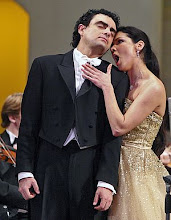.jpg)
.jpg)


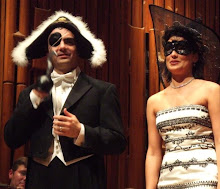


.jpg)
.jpg)

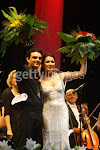
.bmp)
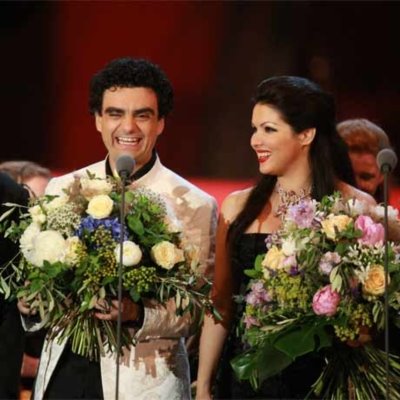
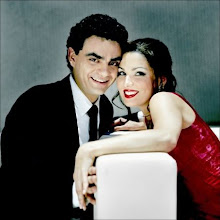
.jpg)

.jpg)




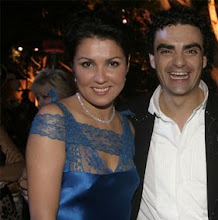+2.jpg)
.jpg)






















Keine Kommentare:
Kommentar veröffentlichen